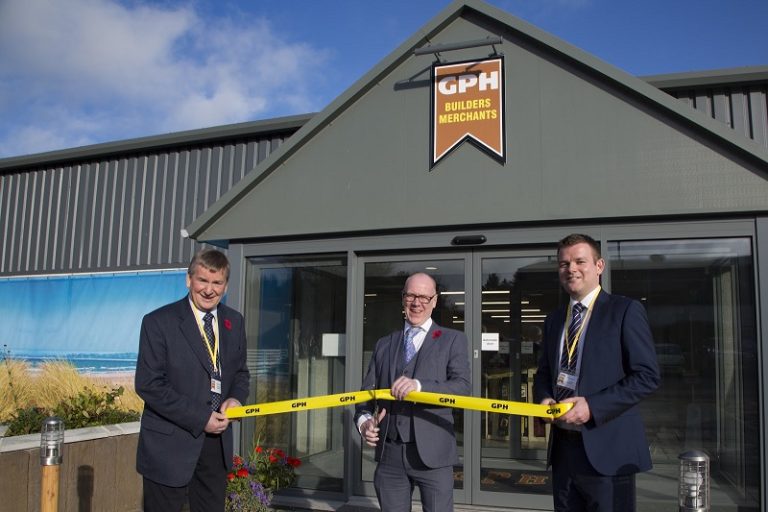In the UK, the decision to include a pool as part of a property development isn’t as straightforward as it might be elsewhere in the world. While they are invariably a pleasure to use, the cool climate means that pools aren’t a given feature in even the most extravagant home, and UK buyers tend to be wary about the practicalities and costs of maintaining one through the six months of the year that are too cold to swim. On top of that is the issue of space; in the UK, properties with the highest price tags are not necessarily those with the most square-footage. If you have your mind set on integrating a pool into your luxury development, it’s important that you consider which types will work most effectively with the size, style and potential owners of the property. Outdoor Pools vs. Indoor Pools A beautifully constructed swimming pool will enhance the interior or exterior of any home, and its location on the property will not necessarily have any bearing on the value of the home. Outdoor Despite the British climate, high-quality outdoor pools are still a popular choice for homeowners across the UK. The huge variety of pool shapes means that designs can complement almost any style of architecture, and blend seamlessly with the surrounding landscaping. For an outdoor pool to be truly appealing in the UK, the most important factor is ensuring the comfort of swimmers. The easiest way to achieve this is to install a sliding dome cover, which helps to retain the heat of the pool and provides shelter in inclement weather, but can be retracted out of the way during summer. Indoor If the building allows for it, an indoor pool may be more convenient for frequent use. The temperature will be easier to moderate, and surface evaporation can be kept to a minimum. Overall, maintenance will be easier and less expensive than that of an outdoor pool. Of course, the best of both worlds can be achieved with a little creativity. Doors that open from the pool room onto a deck will bring the outdoors inside during warmer months, or integrating a pool floor that rises to deck level can mean that an outdoor pool doesn’t become a wasted space in colder months. Full-Sized Pools Infinity Pools The most luxurious of pool installations is undoubtedly the infinity pool, also known as a “vanishing edge” or “negative edge” pool. The concept is that the water’s edge blends seamlessly with the surrounding vista, whether it’s a neighbouring body of water, or a spotless blue sky, giving the pool the appearance of stretching on forever. To create the illusion, at least one wall of the pool must be lower than the plane of water. This causes a slight waterfall over its edge, which gets caught in a pool sitting below the line of vision. From this catch pool the water gets filtered and pumped back into the main body of water. Infinity pools should always be custom-built to their surroundings, and are most effective when positioned over a slope or precipice. Usually installed outdoors, it’s challenging – but by no means impossible – to recreate the illusion with an indoor pool. Natural Pools The number of natural pool installations in the UK is growing as more and more families appreciate the ability to enjoy swimming in fresh, chemical-free water at home. Instead of keeping the water clean with harmful substances like chlorine, which irritate the skin and eyes, a natural pool uses reed bed technology to filter out dirt and pollutants from the water. Not to be confused with artificial ponds, the design of a natural pool needs to include a “regeneration” area with aquatic foliage and a pump that keeps the water from becoming murky. Usually lined with rubber or reinforced polyethylene, you should be able to see right to the bottom of a natural pool, making it an inviting place to take a dip. Natural pools make a beautiful feature in any garden and can provide safe, comfortable swimming all year round. However, just like a conventional pool, it is essential that leaves and debris are kept from the water, and the water temperature is properly regulated to prevent bacteria growth. For a natural pool to stay clean and hygienic, it should be installed by professionals with experience in building the appropriate filtration systems. Compact Pools Just because a home has limited square footage, doesn’t mean it has to miss out on the luxury of a private pool. The rise of high-density living has caused a huge increase in the popularity of compact pools, such as lap pools, spools and plunge pools. All of these styles provide a comfortable, versatile place to take a dip, with much less maintenance than a full-sized swimming pool. Lap Pools Also referred to as exercise pools, fitness pools and “endless pools” (although not to be confused with infinity pools), a lap pool is specifically designed for swimming in a limited space. Dimensions are usually long (around 14m) and thin (2m or so), with an average depth of 1.2 meters for comfortable swimming. Lap pools are often used as an architectural garden feature so measurements may vary in order to match the available space and the architecture of adjacent property. Particularly where lap pools are shorter than standard, they should be installed with resistance jets which create an artificial current. This allows swimmers to practise their stroke without ever reaching the end of the pool, giving the illusion of size. Spools A spool, or spa-pool, seamlessly blends the functionality of a full-sized pool with that of a spa. Like a lap pool, sub-surface jets can be used to generate a resistance current for swimming, but they can also be adjusted to create a jacuzzi effect. The modest size of a spa pool (3-5 metres in length, 2-2.5 metres in width) also makes it easy to adjust the water temperature between comfortably cool and relaxingly warm, making them a highly








